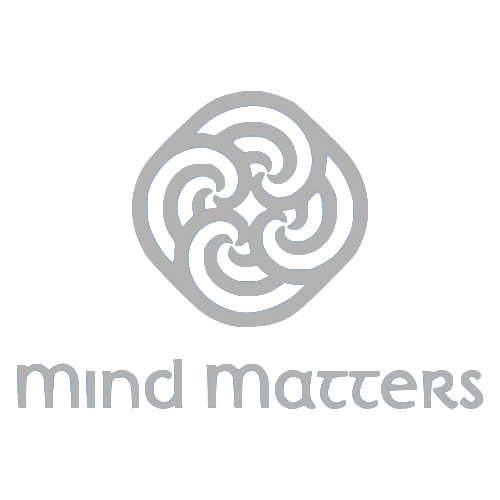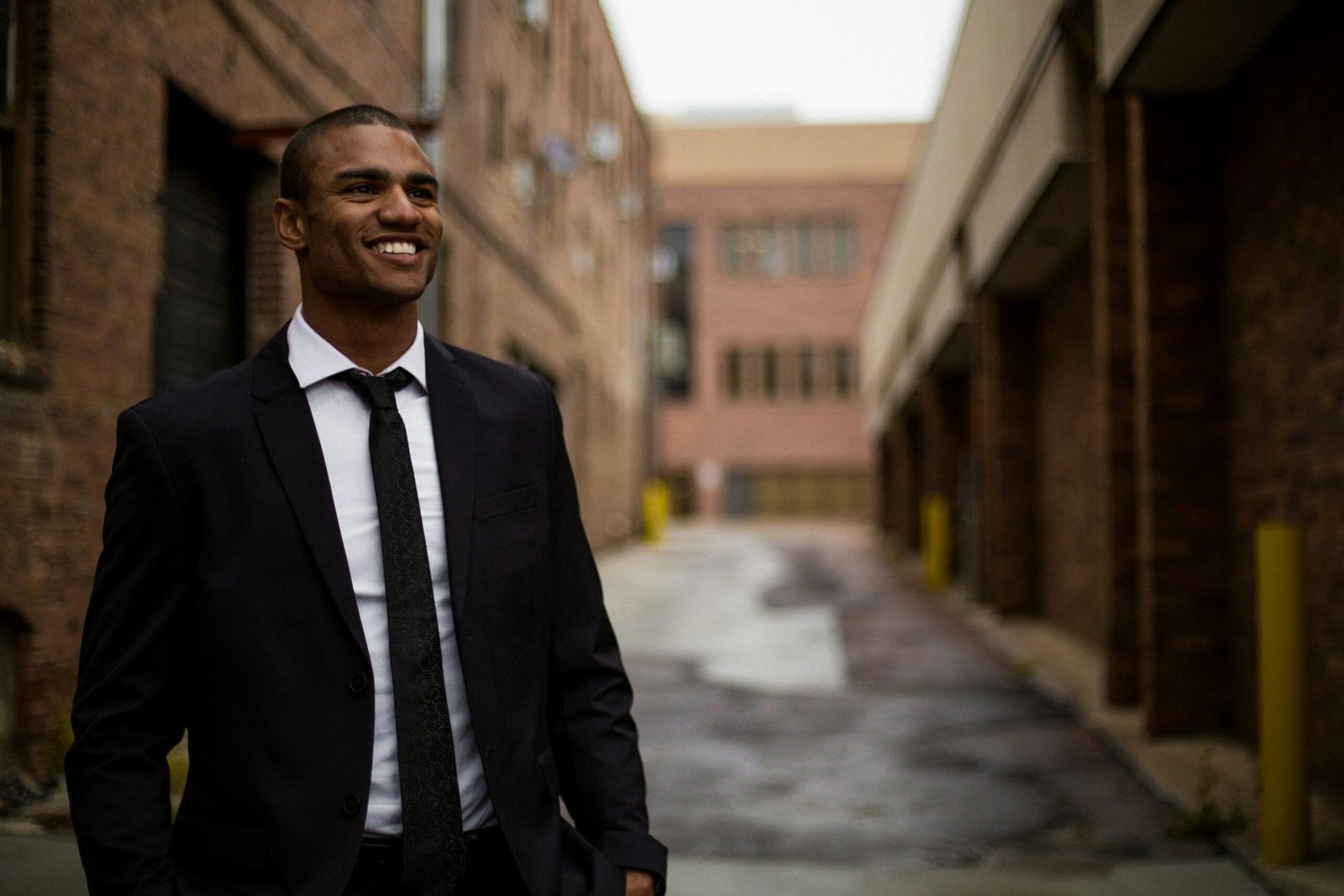Le coaching professionnel est un outil puissant pour le développement personnel et professionnel. Il aide les individus à exploiter pleinement leur potentiel, à atteindre leurs objectifs et à développer des compétences essentielles. Que vous recherchiez le développement du leadership, une meilleure communication ou une productivité accrue, le coaching professionnel offre un soutien sur mesure pour réussir dans le monde concurrentiel d’aujourd’hui. Découvrez comment il peut transformer votre parcours vers l’excellence.
Qu'est-ce que le coaching professionnel ?
Le coaching professionnel est un processus qui vise à accompagner les individus dans la réalisation de leurs objectifs personnels et professionnels. Grâce à des techniques de connaissance de soi, de réflexion et de développement, un coach aide le coaché (client) à libérer son potentiel. Il s’agit fondamentalement d’un processus collaboratif, où le coach n’apporte pas de solutions mais aide le client à trouver ses propres réponses.
Différences avec d’autres disciplines
Le coaching est souvent confondu avec la thérapie ou le conseil. Alors que la thérapie se concentre sur le passé et résout des problèmes émotionnels profonds, le coaching est orienté vers l’avenir et aide les individus à atteindre leurs objectifs. De plus, alors que les consultants proposent des solutions directes, le coaching repose sur l’autonomie du coaché.
Histoire et évolution du coaching
Le coaching tel que nous le connaissons aujourd’hui a des racines philosophiques qui remontent à Socrate et à sa méthode de questionnement. Cependant, ce n’est qu’au XXe siècle que le coaching a commencé à se formaliser en tant que discipline professionnelle.
Le terme « coaching » vient du hongrois « kocsi » (carrosse), ce qui est une métaphore appropriée : le coach est celui qui guide le coaché sur le chemin de la réussite. Depuis lors, le coaching a intégré des approches psychologiques et des méthodologies de développement personnel, des penseurs tels que John Whitmore et Thomas J. Leonard étant les pionniers de son évolution contemporaine.
Types de coaching
Coaching exécutif
Ce type de coaching s’adresse aux chefs d’entreprise et aux professionnels en position de pouvoir. L’objectif principal est d’améliorer leurs compétences en leadership, en prise de décision et en gestion d’équipe, en les aidant à devenir plus efficaces dans leurs fonctions. Les séances couvrent généralement des sujets tels que la vision stratégique et la communication.
Coaching personnel
Le coaching personnel se concentre sur l’individu, l’aidant à gérer sa vie quotidienne, ses émotions et ses objectifs personnels. Les sujets fréquemment abordés sont l’estime de soi, la gestion du temps et l’équilibre entre vie personnelle et professionnelle.
Coaching en intelligence émotionnelle
Le coaching en intelligence émotionnelle aide les individus à mieux gérer leurs émotions. En apprenant à reconnaître et à réguler leurs émotions, le coaché peut améliorer ses relations interpersonnelles et accroître son bien-être général.
Avantages du coaching professionnel
Le coaching professionnel offre de multiples bénéfices, tant au niveau personnel que professionnel:

1. Clarté dans la prise de décision : le coaching favorise la pensée critique, aidant les personnes coachées à prendre des décisions plus éclairées et stratégiques.
2. Croissance personnelle et professionnelle : grâce à la connaissance de soi et à la planification des objectifs, le coaching facilite le développement intégral.
3. Amélioration des compétences en leadership : un coach exécutif peut améliorer les compétences en leadership, la communication efficace et la résolution des conflits.
4. Productivité accrue : le coaching aide à surmonter les obstacles personnels et professionnels qui entravent souvent les progrès.
Si vous souhaitez bénéficier de ces avantages, je vous invite à consulter mon profil et à me contacter.
Processus de coaching : phases et outils
Le processus de coaching suit plusieurs phases essentielles.
Les phases du processus de coaching

1. Évaluation initiale : Le coach et le coaché définissent les objectifs et le contexte actuel.
2. Planification des objectifs : Des objectifs clairs, spécifiques et atteignables sont fixés, qui guideront le processus de coaching.
3. Exécution du plan : Le coaché travaille activement à atteindre ses objectifs, le coach agissant comme facilitateur.
4. Suivi et évaluation : Les progrès sont examinés et les stratégies sont ajustées si nécessaire.
Les outils clés du coaching
• Des questions percutantes : Ces questions invitent à une réflexion profonde et aident le coaché à trouver lui-même des réponses.
• Une écoute active : Il est essentiel que le coach écoute attentivement pour comprendre les besoins du coaché.
• Des techniques de gestion émotionnelle : L’intelligence émotionnelle est essentielle pour gérer les situations difficiles, tant au travail que dans la vie quotidienne.
Comment choisir le bon coach
Choisir le bon coach est crucial pour la réussite du processus. Voici quelques conseils :

1. Expérience et spécialisation : recherchez des coachs expérimentés dans le domaine que vous souhaitez améliorer, comme le coaching exécutif ou personnel.
2. Certifications et formation : assurez-vous que le coach possède des certifications d’organismes reconnus, tels que l’International Coaching Federation (ICF).
3. Compatibilité personnelle : il est important que vous ressentiez une bonne connexion avec votre coach, car la relation de coaching est très personnelle.
FAQ sur le coaching professionnel
En quoi le coaching professionnel diffère-t-il du mentorat ou du conseil ?
Alors que le mentorat consiste à partager des conseils basés sur l’expérience personnelle et que le conseil se concentre sur la fourniture de solutions, le coaching est un processus axé sur le client. Le coach aide l’individu à trouver ses propres réponses et à élaborer des stratégies pour atteindre ses objectifs.
Qui peut bénéficier d’un coaching professionnel ?
Toute personne souhaitant améliorer sa vie personnelle ou professionnelle peut bénéficier d’un coaching. Cela inclut les dirigeants, les entrepreneurs, les employés et même les personnes en transition de carrière ou en quête de développement personnel.
Combien de temps dure généralement un programme de coaching professionnel ?
La durée d’un programme de coaching varie en fonction des objectifs de chacun. Il peut s’étendre de quelques séances sur quelques semaines à plusieurs mois. De nombreuses personnes optent pour un coaching continu dans le cadre de leur développement personnel ou professionnel.
Quels sont les principaux résultats du coaching professionnel ?
Les principaux résultats obtenus sont une meilleure connaissance de soi, de meilleures capacités de prise de décision, une meilleure communication, une confiance accrue et la réalisation d’objectifs professionnels ou personnels spécifiques. Le coaching permet également de développer les capacités de leadership et d’améliorer l’équilibre entre vie professionnelle et vie privée.
Coaching professionnel : conclusion
Le coaching professionnel est un outil puissant de développement personnel et professionnel. Il vous aide à découvrir votre véritable potentiel et à atteindre les objectifs que vous avez toujours souhaités. Si vous êtes prêt à franchir la prochaine étape de votre croissance, visitez mon profil sur les réseaux sociaux et/ou mon web site pour en savoir plus sur mes services de coaching et d’hypnothérapie.




